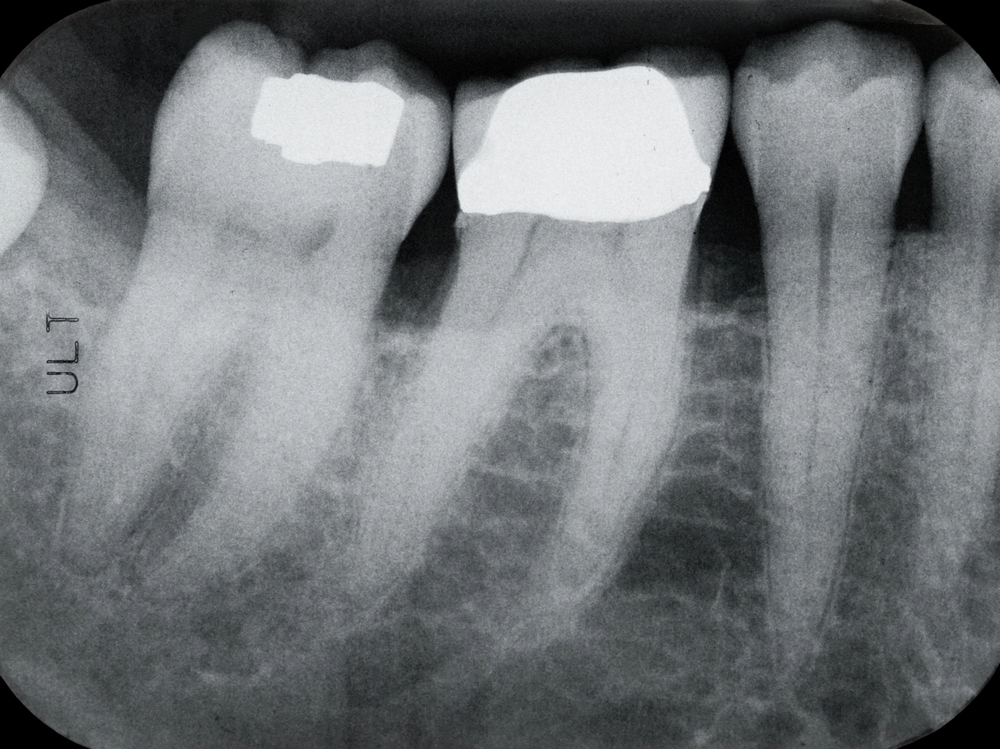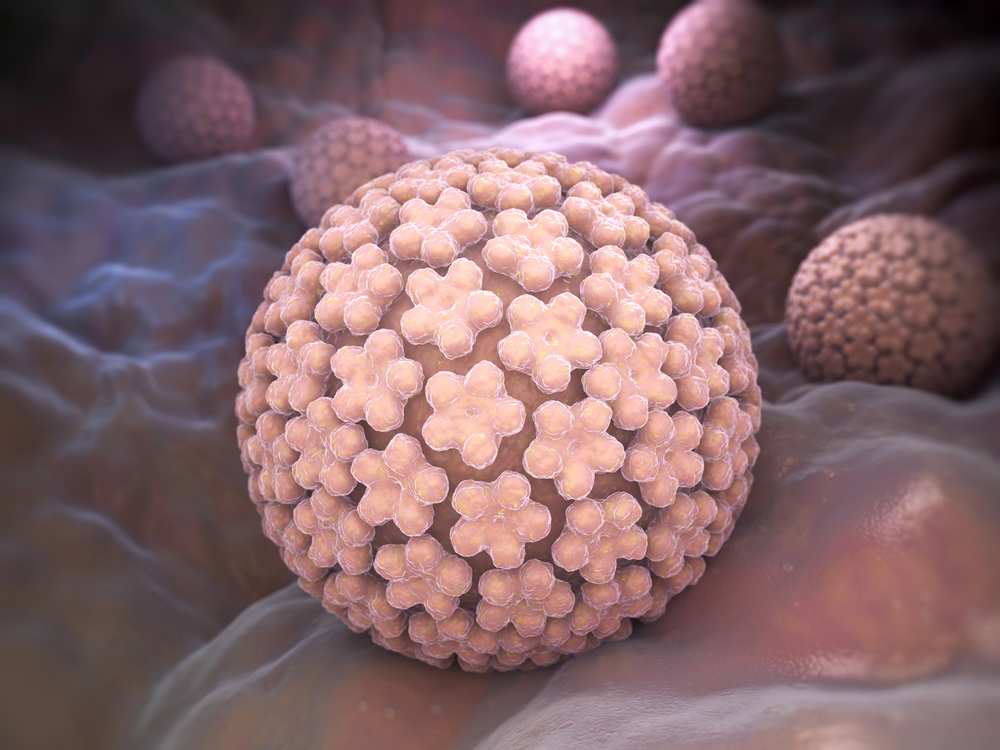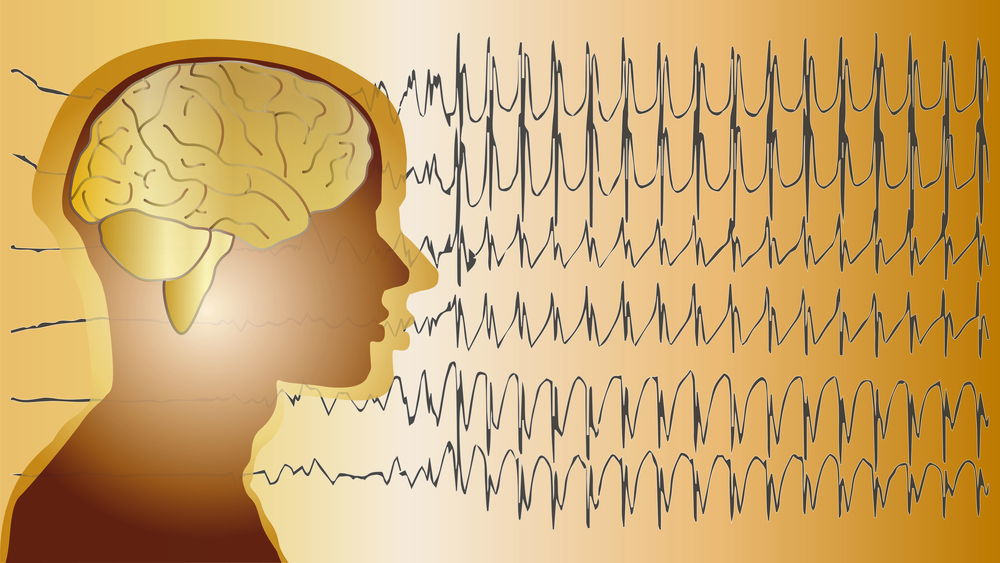Health and Medicine
Explore Health and Medicine

Dr Hosam Alharbi | Estimating Human Age Using Wide View Digital Dental Images
Dental features have been used to estimate age in humans for centuries and may be used with great accuracy in both living and deceased individuals. However, refinement of these techniques to align with modern clinical practice is ongoing. Dr Hosam Alharbi and colleagues at Qassim University in Saudi Arabia have introduced an amended version of an established technique to assess whether dental imaging systems used in modern clinics are suitable for determining human age.

Professor Eileen Redmond | A Toast to Moderation: Insights on Alcohol and Heart Health
Cardiovascular disease remains a leading cause of death globally. Atherosclerosis, the hardening and narrowing of arteries, is the primary underlying cause. The endothelium, a single layer of cells lining blood vessels, plays a crucial role in vascular health and disease. Disrupted endothelial function can lead to serious conditions such as thrombosis and hypertension and facilitates atherosclerotic plaque development. Interestingly, researchers have shown that alcohol has a complex relationship with cardiovascular health, displaying both protective and harmful effects depending on the dose. The work of Professor Eileen Redmond and her team at the University of Rochester Medical Center offers valuable insights into the nuanced role of alcohol in endothelial function.

Dr. Archana Thakur | A Novel Immunotherapy Approach to Treat Solid Tumors
Developing therapies to effectively treat cancerous tumors is challenging, due to the hostility of the tumor microenvironment and the potential to unintentionally damage surrounding tissues. Infusions of immune cells can improve immune function and assist the body in fighting disease, although this approach increases the risk of inducing dangerous inflammatory responses. Dr. Archana Thakur and her colleagues at the Universities of Virginia and Pennsylvania have engineered a pioneering immunotherapy system that precisely targets cancerous cells. This new immunotherapy poses minimal risk of adverse reactions, and can be used against a wide range of tumor types.

Dr Eleanor Wilson | Breath by Breath: Decision-Making in the Final Stages of Motor Neurone Disease
Motor neurone disease is a currently incurable and progressive neurological disorder that severely impacts muscle function. As the disease progresses, individuals with motor neurone disease experience significant difficulties in movement, speech, swallowing, and breathing. Home mechanical ventilation can be used to support breathing and improve the quality of life. However, while this can alleviate symptoms and extend survival, it does not stop disease progression, and patients and caregivers must confront difficult decisions in their treatment journey. In a new UK study, Dr Eleanor Wilson of the University of Nottingham and colleagues have explored end-of-life decision-making in motor neurone disease patients using home mechanical ventilation.

Dr. Christopher Buck | Expanding Our Knowledge of Viral Evolution
Vitamin D has been studied as a treatment for a large number of diseases and conditions, from cancer to autism to COVID-19. However, its mode of action is not completely understood. Professor Ralf Herwig carries out his research at HG Pharma GmbH (Austria) and Ulster University (UK). His vital work explores the role of vitamin D in the body with a view to unlocking its potential as a treatment for a variety of health conditions involving the immune system.

Dr. Rebecca Rose | Adjusting Ventilator Settings Could Improve Outcomes for Premature Infants
Premature birth puts infants at a greater risk of developing various medical conditions, including a chronic lung disease known as bronchopulmonary dysplasia – or BPD for short. Dr. Rebecca Rose, a neonatologist at Indiana University, recently explored how modulating ventilator settings used for very premature newborns can significantly improve their outcomes.

Prof. Alastair Florence | Optimising Pharmaceutical Production Using Digital Models
The development of safe and effective medicines that meet strict regulatory requirements has traditionally involved extensive experimentation, which can be laborious and costly. Incorporating digital processes, which can be used to produce individual pharmaceutical components, may provide a solution to manufacturing challenges by reducing development time, resource requirements, and costs. The Future Continuous Manufacturing and Advanced Crystallisation Hub, a flagship project at CMAC, at the University of Strathclyde, along with collaborators throughout the UK, has investigated the feasibility of using digital models to reduce costs, time and waste for high quality pharmaceutical production.

Prof. Christian Bréchot | ALF5755: A New Therapeutic Avenue for Alzheimer’s and Diabetic Neuropathy
Many diseases become more likely to emerge as we age, with metabolic disorders such as diabetes, and neurodegenerative conditions, such as Alzheimer’s disease, representing two frequent manifestations of poor health in old age. While many age-related diseases present very differently, many share common underlying mechanisms. These include inflammation, a build-up of reactive oxygen molecules that can damage cellular components, and a lack of sensitivity to insulin. Treatments that can effectively target these mechanisms could have transformational effects on the age-related diseases that are fueled by them, including potentially preventing such diseases from developing in the first place. Prof. Christian Bréchot and colleagues at The Healthy Aging Company have developed a drug candidate: ALF5755, the pharmacological name of a protein called Hepatocarcinoma-Intestine-Pancreas, or HIP for short, also named Reg3A, that has shown exciting evidence of effectiveness on the cognitive disorders which occur during Alzheimer’s disease and the peripheral nerve damage that often occurs in diabetes, which is called diabetic neuropathy.

Dr Christopher Buck | Mint: A Fresh Perspective in the Fight Against Covid
Dr. Christopher Buck, a virologist at the US National Cancer Institute in Bethesda, Maryland, has been working to spread the word about a growing body of scientific literature suggesting that mint and related herbs can help fight Covid infections. In his recent review article, “The Mint Versus Covid Hypothesis,” he makes a case for the idea that decentralized clinical trials could be used to more thoroughly explore this exciting idea.

Dr Katty Kang | Deciphering the Molecular Origins of Brain Disorders
During brain development, anomalies may arise which lead to serious conditions such as epilepsy, triggering seizures and requiring lifelong monitoring and medication. However, the underlying causes and the way in which these defects occur are not completely understood. Dr Katty (Jing-Qiong) Kang and colleagues at Vanderbilt University Medical Centre in the USA have conducted extensive research into the molecular mechanisms associated with developmental brain disorders, with a focus on genetic epilepsy. They propose novel therapeutic targets to effectively manage symptoms and improve clinical outcomes by targeting the root cause.

Dr Matthew Sherrer | The Icarus Paradox in Anesthesiology: Building on Success and Avoiding Stagnation
As a medical specialty, anesthesiology has made remarkable progress to deliver patient safety at an incredibly high level, while administering drugs that could potentially be very dangerous at a slightly increased dose. However, just like the case of Icarus, a character in Greek mythology who flew too close to the sun before plummeting back to Earth, success can carry the seeds of failure. The impressive progress towards patient safety could conceivably lead to the extinction of anesthesiology as a specialty. In the context of cutting costs and an environment where the return-on-investment for anesthesiologists is not always clear, there may be a temptation to replace anesthesiologists with other professionals, such as specialized sedation nurses, or with new technologies.

Dr. P. R. Raghavan | The Potential Effects of a Dietary Supplement on a Range of Health Issues
Dr. P. R. Raghavan, CEO and Chairman of Nanorx Inc., developed Metadichol, a nutritional supplement that has shown potential in treating a range of health issues. Dr. Raghavan suggests that the supplement may help to stave off illnesses such as diabetes and antibiotic-resistant infections.
Increase The Impact Of Your Research!
Explore partnership opportunities
Unwind without the hassle. Enjoy fresh audiobooks, delivered free!
